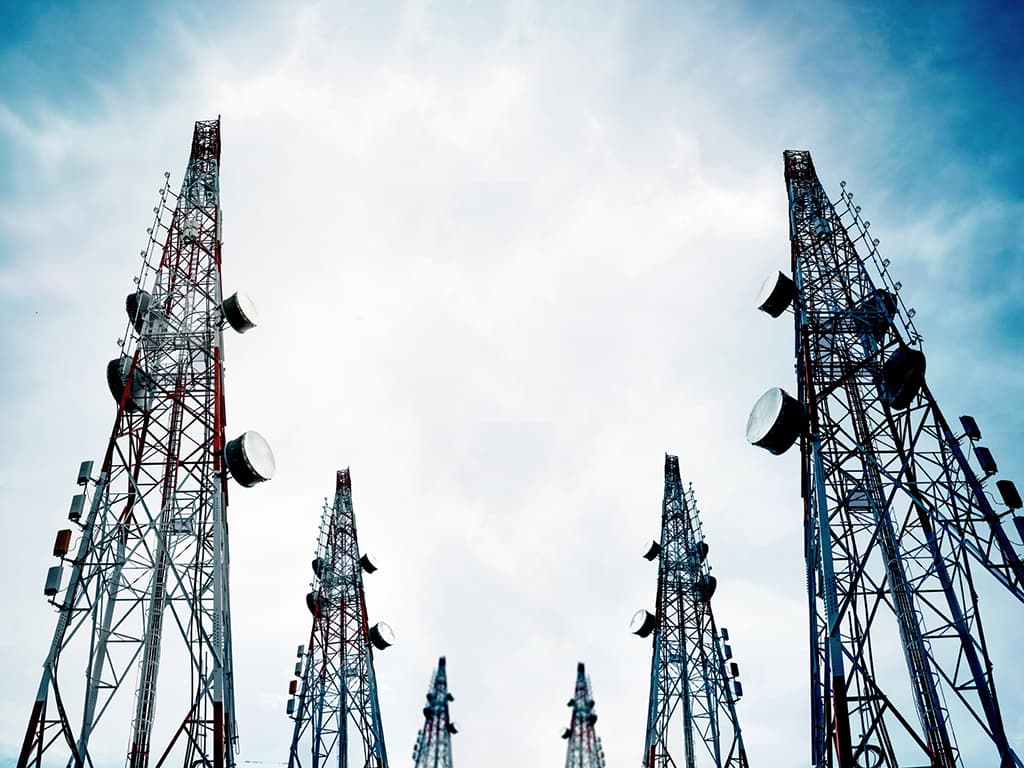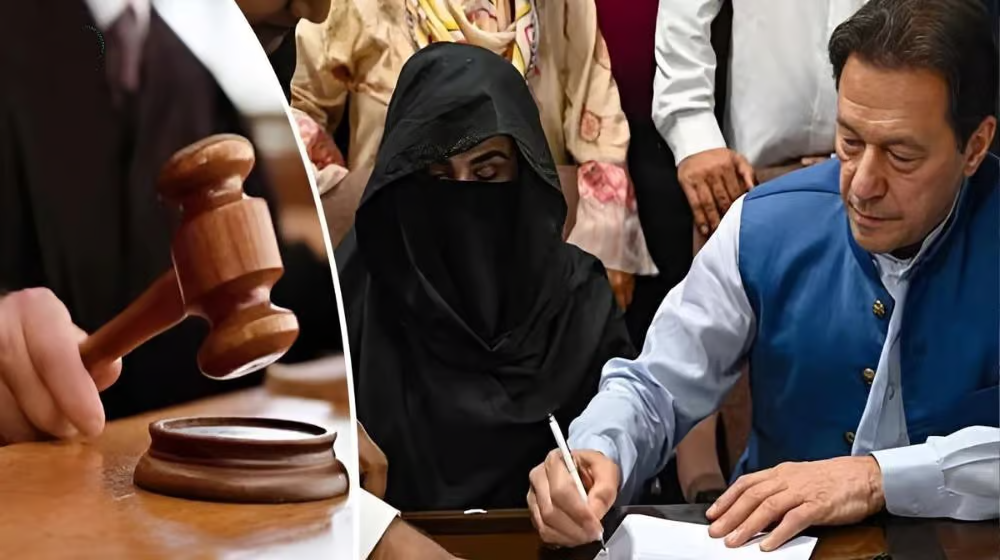The rollout of essential 4G and 5G services across Pakistan remains severely hampered due to ongoing legal disputes over the allocation and usage of critical telecom spectrum. Currently, 151.6 MHz of spectrum across the 1800 MHz, 2100 MHz, and 2600 MHz bands is tied up in litigation, delaying network expansion and technological progress.
Two major operators — CMPak (Zong) and SUN TV (SNL) — are central figures in these protracted legal battles, which have reached the Supreme Court, Islamabad High Court, Sindh High Court, and lower courts.
Major Legal Cases Blocking Progress
In the 1800 MHz band, CMPak has filed three appeals (CPLA Nos. 4324, 4325, and 4326 of 2024) against the Pakistan Telecommunication Authority (PTA). These cases challenge spectrum usage determinations, policy directives regarding license renewals, and decisions from FAB board meetings. Initially dismissed by the Islamabad High Court in August 2024, CMPak escalated the issue to the Supreme Court, which granted a stay in September 2024. Final arguments concluded in May 2025, and a verdict is now awaited.
CMPak is also challenging a 2021 Ministry of IT decision over the 2100 MHz band in FC No. 5298/2025, a case that has lingered for years due to repeated adjournments. Despite more than 40 hearings, no resolution has been reached. The case was recently moved to the District Court in South Karachi and is scheduled for hearing on August 20, 2025.
READ MORE: Pakistan Approves First-Ever National AI Policy to Build Hybrid Intelligence Ecosystem
The 2600 MHz Band: The Most Litigated and Critical for 5G
Regarded globally as a key frequency for 5G due to its optimal balance between coverage and speed, the 2600 MHz band is embroiled in multiple legal challenges, with 140 MHz out of 194 MHz under dispute.
- In CPLA No. 722/2024, SUN TV (SNL) is accused of operating in the 2600 MHz band without a valid license. Although the Supreme Court has received the case, it has yet to schedule a hearing.
- Another case, FC No. 872/2025, challenges a FAB board decision from November 2024. The Sindh High Court initially issued a stay order, which was later lifted in February 2025. A fresh hearing is set for August 7, 2025.
- A third dispute, FC No. 5413/2025 (Old Suit No. 559/2024), was filed after FAB rejected SNL’s request for frequency assignment due to lack of licensing. The Sindh High Court has ordered FAB to reconsider the case, with the next hearing scheduled for August 1, 2025.
The Impact of Delays on Pakistan’s Digital Ambitions
Of the total 606 MHz spectrum allocated by FAB, 151.6 MHz is locked in litigation. Specifically:
- 1800 MHz band: 2 x 6.6 MHz under dispute
- 2100 MHz band: 2 x 10 MHz under dispute
- 2600 MHz band: 140 MHz under dispute
Only 54 MHz is currently available in the 2600 MHz band — a figure considered inadequate for a successful 5G launch. Legal bottlenecks in the 2100 MHz band also hinder competition and proper resource allocation.
Calls for Swift Judicial Resolution
Regulators including PTA and FAB stress the need for quick resolution of these cases to unlock the spectrum necessary for next-generation connectivity. Without judicial clarity, operators are unable to make strategic investments in infrastructure or roll out 5G services nationwide.
Though several hearings are scheduled for August 2025, stakeholders remain cautiously hopeful that tangible progress will follow. Pakistan’s digital future hangs in the balance — not due to lack of technology or investment, but due to legal uncertainty that continues to delay critical advancements in telecom infrastructure.
Without decisive court rulings soon, Pakistan risks falling further behind its regional and global counterparts in the race to embrace 5G.




